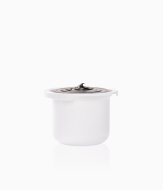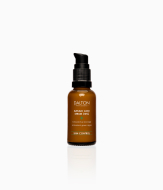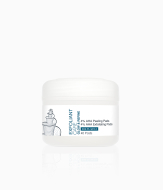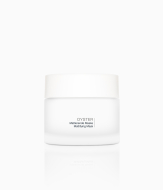

Excoriation Disorder (Skin Picking)
What if you just can’t stop picking at wounds or squeezing pimples? Skin picking disorder is more than just a guilty pleasure. It is a mental health issue that deserves more awareness.
What is Skin Picking Disorder?
Pulling, squeezing, scraping or picking the skin until it bleeds - skin picking disorder (also known as excoriation disorder or dermatillomania) is characterized by the compulsive manipulation of skin. Have you ever felt that irresistible urge to squeeze a pimple? Although you might feel better afterwards, this only aggravates the problem and can cause inflammation or infection. Where is the line between bad habits, excessive pimple manipulation, compulsive skin picking or ultimately dermatillomania? The diagnosis can only be made by a doctor. Nevertheless, there are some signs and symptoms that you can look out for. These behaviours can be conscious or unconscious.
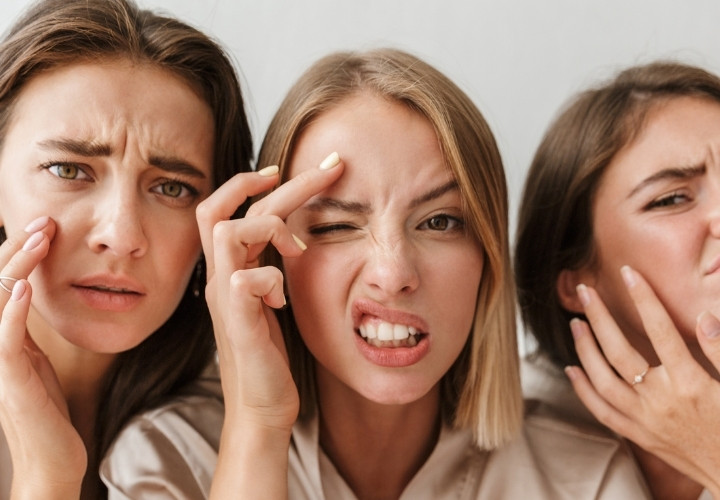

- Loss of control: How long and how often does the person pick skin? Many people with excoriation / skin picking disorder spend several hours a day picking at their skin, even if it leads to open wounds or other injuries.
- More than just squeezing pimples: Many skin-pickers use not just their fingers, but also tools such as scissors, needles and tweezers.
- Increased stress levels: Skin picking is often triggered as a coping mechanism for psychological stress and anxiety.
- Emotional turmoil: Immediately afterwards, many individuals feel satisfaction which is then quickly replaced by negative feelings such as shame, guilt or remorse.
- Enormous psychological impact: Repeated skin picking leads to inflammation, injuries and scars. Many people are afraid to leave the house because of embarrassment.
- Deliberate hiding: Many people with excoriation disorder wear heavy make-up to hide their injuries.
- Loss of control: How long and how often does the person pick skin? Many people with excoriation / skin picking disorder spend several hours a day picking at their skin, even if it leads to open wounds or other injuries.
- More than just squeezing pimples: Many skin-pickers use not just their fingers, but also tools such as scissors, needles and tweezers.
- Increased stress levels: Skin picking is often triggered as a coping mechanism for psychological stress and anxiety.
- Emotional turmoil: Immediately afterwards, many individuals feel satisfaction which is then quickly replaced by negative feelings such as shame, guilt or remorse.
- Enormous psychological impact: Repeated skin picking leads to inflammation, injuries and scars. Many people are afraid to leave the house because of embarrassment.
- Deliberate hiding: Many people with excoriation disorder wear heavy make-up to hide their injuries.
Excoriation disorder affects around 1-2% of people worldwide. Three quarters of them are women. However, the number of unreported cases is likely to be significantly higher. This is because the mental health condition as such has not been known for very long. All the more reason to raise awareness.
Track skin picking behavior
The first step is to find out the reasons for skin picking.
- What do you feel before you scratch or pick at your skin? (Anger, stress, sadness)
- For how long do you pick? How often? (Several times a day to weekly)
- How intense is the picking? Does it hurt or damage your skin?
- How do you feel afterwards?
There are different ways to monitor your behavior. The aim is to recognize patterns in order to reduce reoccuring triggers. Special tracking apps, symptom journals or templates can help you with that.
Do you think that you, like many other people, suffer from dermatillomania? Confide in someone. This could be your loved ones or someone who is also affected. You can exchange experiences and tips in special skin picking forums or Facebook groups. Discuss possible treatment with your doctor.
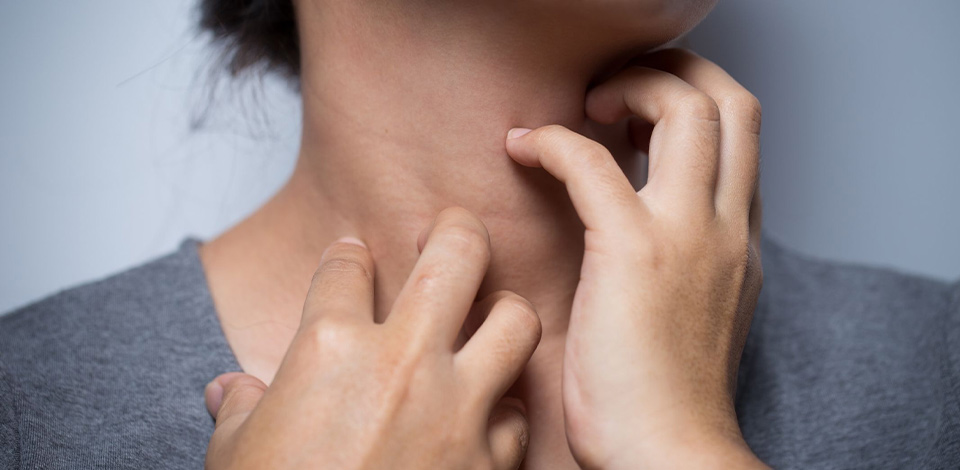

Avoid triggers
Skin picking goes beyond a stereotypical "bad habit". It is a mental health disorder that needs to be treated with professional help from your doctor. Even small everyday situations can often present a major challenge to those affected not to revert to old habits. These are of course very individual. Nevertheless, we have come across a few triggers that people find very hard to resist.
Avoid touching your skin. Many people suffering from excoriation disorder have unrealistic standards for how their skin should look. Even tiny imperfections can lead to squeezing, scratching or picking spots, scabs or scars. As a result, barely visible skin blemishes can turn into painful infections. Excoriation is not always the result of blemish-prone skin or acne. There are also patients who previously only had to deal with small, isolated blemishes. However, picking can cause a chronic aggravation of the skin issue.
Avoid triggers
Skin picking goes beyond a stereotypical "bad habit". It is a mental health disorder that needs to be treated with professional help from your doctor. Even small everyday situations can often present a major challenge to those affected not to revert to old habits. These are of course very individual. Nevertheless, we have come across a few triggers that people find very hard to resist.
Avoid touching your skin. Many people suffering from excoriation disorder have unrealistic standards for how their skin should look. Even tiny imperfections can lead to squeezing, scratching or picking spots, scabs or scars. As a result, barely visible skin blemishes can turn into painful infections. Excoriation is not always the result of blemish-prone skin or acne. There are also patients who previously only had to deal with small, isolated blemishes. However, picking can cause a chronic aggravation of the skin issue.
What can you do about it? You will probably have to find out for yourself what helps you best. Here are a few things you can try out:
- Keep your fingers away from your face. You can do this by wearing gloves, for example.
- Make the affected parts of your body inaccessible to you.
- Create new habits to deal with stress.
- Only allow short periods of time in front of a mirror or in the bathroom.

